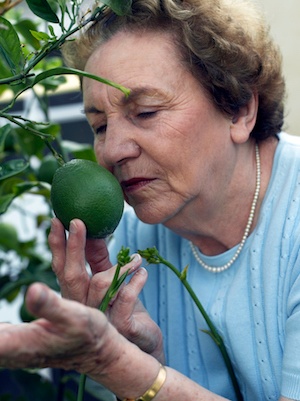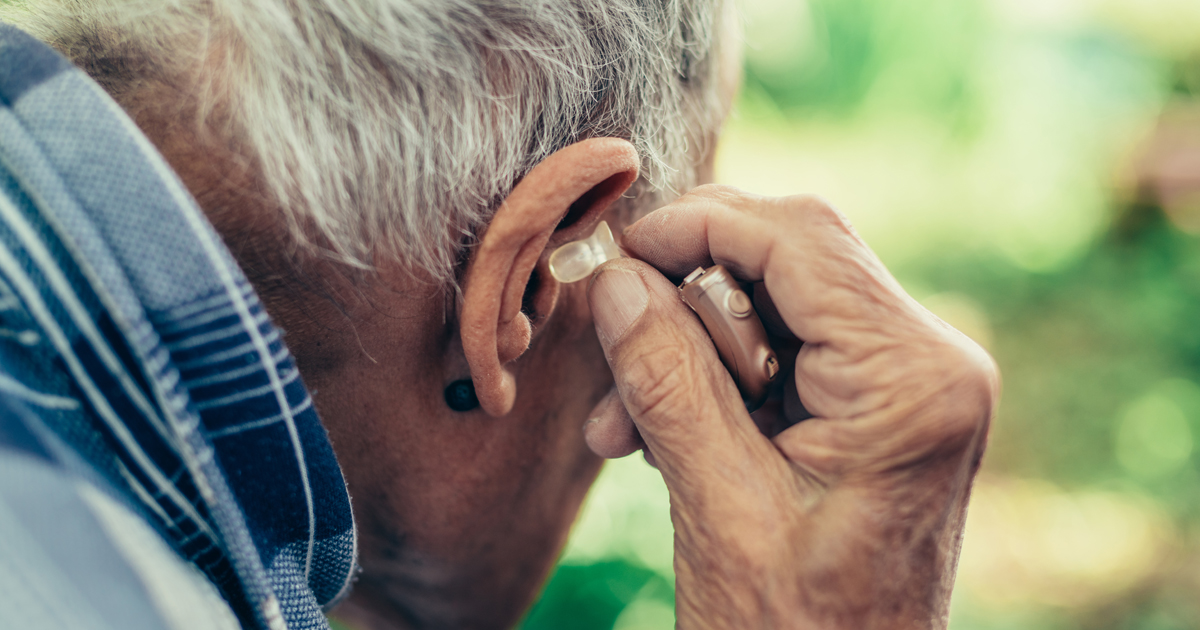Introduction (150 words): As we journey through life, our bodies undergo various changes, and our senses are no exception. The process of aging can impact our sensory organs, altering how we perceive the world around us. Understanding these changes and taking proactive steps to maintain the sharpness of our senses can significantly enhance our quality of life. This article explores the transformations that occur in our senses as we age and provides practical strategies to keep them sharp.
I. Vision:

One of the most noticeable changes associated with aging is the decline in visual acuity. Presbyopia, cataracts, glaucoma, and age-related macular degeneration are common age-related eye conditions. However, certain habits can help maintain visual health. Regular eye exams, a balanced diet rich in antioxidants and omega-3 fatty acids, wearing sunglasses to protect against harmful UV rays, and minimizing screen time can all contribute to preserving visual acuity.
II. Hearing:

Hearing loss affects a significant portion of the aging population. Age-related hearing loss, also known as presbycusis, gradually diminishes our ability to hear high-frequency sounds. To safeguard our hearing, it is crucial to limit exposure to loud noises, wear hearing protection in noisy environments, and consider regular hearing screenings. Additionally, brain-stimulating activities such as reading, engaging in conversations, and listening to music can help maintain auditory sharpness.
III. Taste and Smell:

As we age, the sensitivity of our taste buds and olfactory receptors diminishes, affecting our ability to perceive flavors and aromas. This can lead to a decreased appetite and a diminished enjoyment of food. Maintaining good oral hygiene, staying hydrated, avoiding smoking, and incorporating a variety of spices and seasonings in meals can help enhance taste perception. Similarly, stimulating the sense of smell through activities such as aromatherapy or exposure to different scents can help preserve olfactory function.
IV. Touch:

V. Proprioception:
Proprioception refers to our body’s ability to sense its position and movement in space. Aging can impact proprioceptive feedback, leading to a decline in balance and coordination. Engaging in exercises that improve proprioception, such as yoga, tai chi, or balance training, can help counteract these changes and reduce the risk of falls. Additionally, maintaining strong muscles and joints through regular physical activity can contribute to overall proprioceptive health.

Conclusion:
As we age, our senses naturally undergo changes that can impact our perception of the world. However, by understanding these changes and implementing certain strategies, we can actively work towards maintaining the sharpness of our senses. Regular check-ups with healthcare professionals, adopting a healthy lifestyle that includes a balanced diet and regular exercise, protecting our eyes and ears from harmful stimuli, and engaging in activities that stimulate our senses can all contribute to preserving sensory acuity.
Ultimately, the key lies in being proactive and attentive to our sensory health. By taking care of our senses, we can continue to fully experience the world around us, enjoy social interactions, savor the flavors of a meal, and appreciate the beauty of sights and sounds. Embracing these strategies can empower us to age gracefully and maintain a high quality of life. It’s important to remember that everyone’s sensory experiences may vary, and individual factors such as genetics, lifestyle choices, and overall health can influence how our senses change over time.
In addition to the specific strategies mentioned earlier, there are a few general tips that can help support overall sensory health as we age:
- Stay mentally and physically active: Engaging in activities that challenge the brain, such as puzzles, reading, learning new skills, or playing musical instruments, can help keep the mind sharp and potentially slow down age-related cognitive decline. Regular physical exercise not only benefits overall health but also promotes blood circulation and can positively impact sensory function.
- Manage stress: Chronic stress can have a detrimental effect on our overall well-being, including our sensory systems. Find healthy ways to manage stress, such as practicing relaxation techniques, meditation, deep breathing exercises, or engaging in hobbies that bring joy and relaxation.
- Get enough sleep: Quality sleep is essential for maintaining optimal sensory function. Aim for a consistent sleep schedule and create a sleep-friendly environment that promotes restful sleep. If you’re experiencing sleep disturbances, consider discussing it with a healthcare professional.
- Maintain a healthy diet: Proper nutrition plays a significant role in supporting sensory health. Ensure your diet includes a variety of fruits, vegetables, whole grains, lean proteins, and healthy fats. Antioxidant-rich foods, such as berries, leafy greens, and nuts, can help protect against cellular damage and promote overall health.
- Stay socially connected: Engaging in social activities and maintaining strong relationships can have a positive impact on mental well-being. Social interactions stimulate our senses and provide cognitive and emotional stimulation, which can help maintain sensory acuity.
- Protect yourself from environmental hazards: Be mindful of potential hazards that could negatively impact your senses. Wear protective gear such as earplugs, earmuffs, or safety glasses when necessary. Minimize exposure to loud noises, pollutants, and harmful chemicals that can potentially damage your senses.
Remember, it’s never too early or too late to start taking care of your senses. By adopting healthy habits and seeking appropriate medical care, you can make a positive impact on your sensory health and enjoy a vibrant and fulfilling life at any age.
In Conclusion:
while our senses may change as we age, there are various strategies we can employ to keep them sharp. By understanding these changes and proactively implementing healthy habits, we can continue to experience the world fully and maintain a high quality of life. Prioritizing regular check-ups, adopting a healthy lifestyle, protecting ourselves from harmful stimuli, and engaging in sensory-stimulating activities can go a long way in preserving our sensory acuity and overall well-being.


